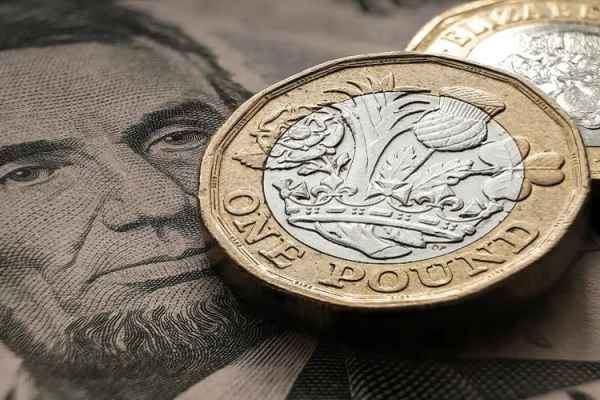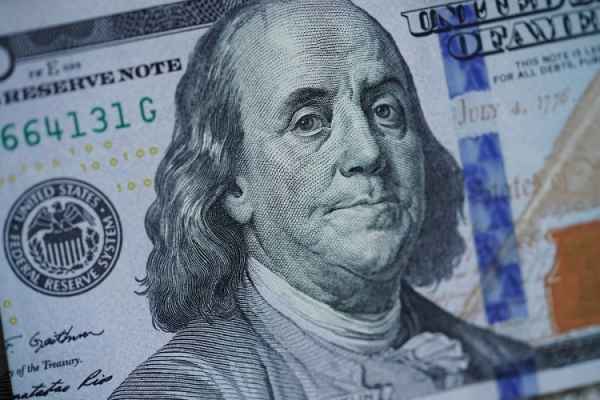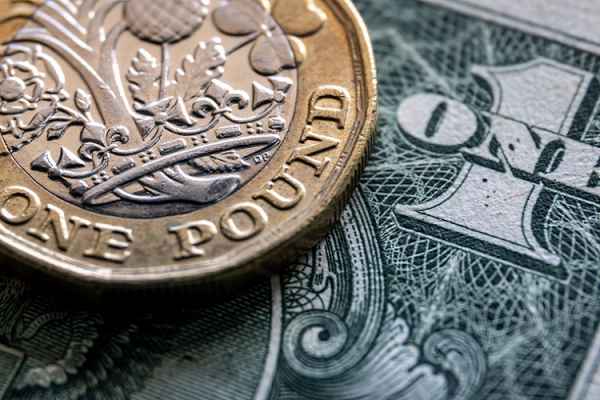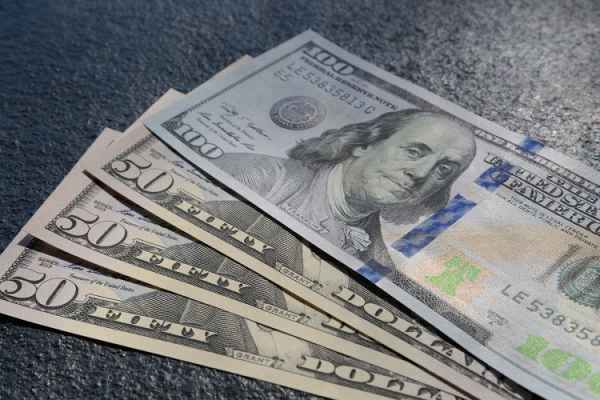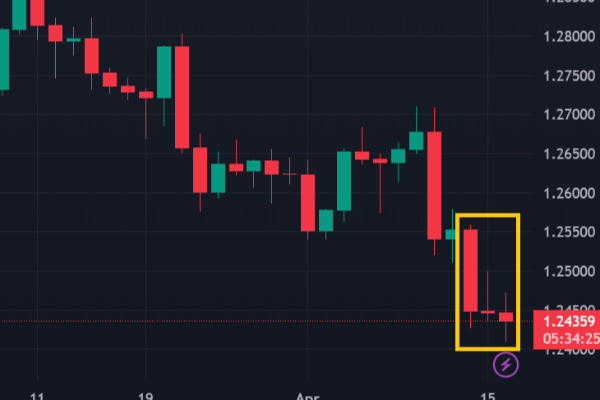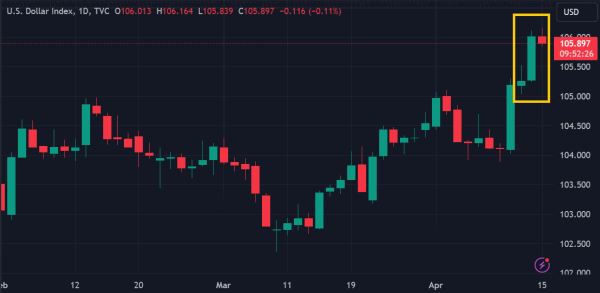European bank stocks collapse simultaneously with the Euro, Pound Sterling, and Swiss Franc.
European currencies tumbled massively in Wednesday's (March 15) trading following the bad news that hit Credit Suisse, one of the largest investment banks in Europe. Market participants are worried that this is a sign that the banking crisis in the US last week will spread worldwide.
EUR/USD plunged more than 1.5% to the low range of 1.0560s, GBP/USD dropped about 0.7% to touch the 1.2040s, while USD/CHF rocketed to above the threshold of 0.9250s. Meanwhile, the US dollar index (DXY) immediately rebounded about 1% to above 104.50s due to its role as a safe haven currency.
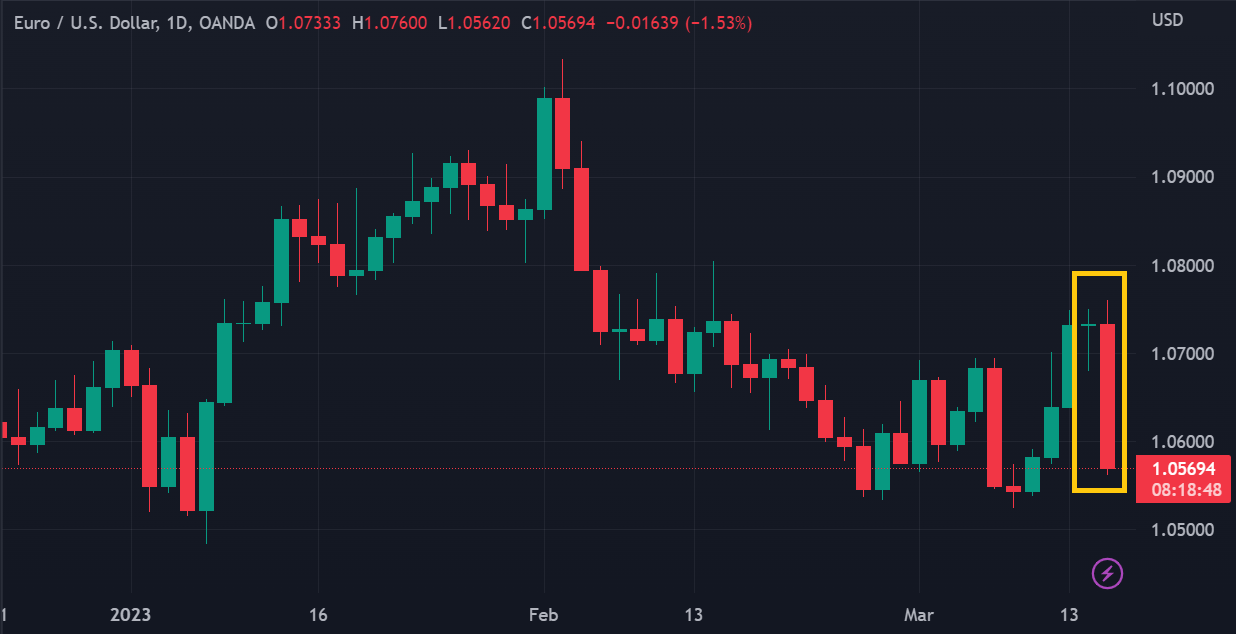 EUR/USD Daily chart via TradingView
EUR/USD Daily chart via TradingView
The media reported that Credit Suisse's largest investor, the Saudi National Bank, has stated that it will not provide any further financial assistance. One of Credit Suisse's major shareholders, Harris Associates, is also known to have been selling its shares over the past few months. Credit Suisse's stock immediately plummeted following the circulation of this negative news, along with other European bank stocks.
Credit Suisse has attempted to dispel these negative rumors by stating that "the financial results for 2022 and prior years are accurate" according to PwC's audit. Credit Suisse's CEO, Axel Lehmann, also emphasized that "we are regulated, we have a strong capital ratio, a very strong balance sheet" to differentiate its position from that of Silicon Valley Bank. However, market panic continues to persist.
"This morning's Credit Suisse news is doing all of the damage in FX markets as European bank stocks take another beating today," said Simon Harvey, head of FX Analysis at Monex. "The sell-off in these stocks only raises concerns over financial stability again, which is having a knock-on effect in European government bond and swap markets as the prospect of an more restricted ECB (European Central Bank) comes back into view."
In this situation, market participants are concerned that officials at the European Central Bank (ECB) may be unable to fulfill their "rate hike" promises. The likelihood of a 50 basis point interest rate hike at the next ECB meeting has dropped from 90% to 50%.

 Dedicated FREE FOREX VPS
Dedicated FREE FOREX VPS Free FOREX Virtual Private Server
Free FOREX Virtual Private Server MT4 Demo Contest, Get $500
MT4 Demo Contest, Get $500 Sign Up for an Account, Claim 60% Deposit Bonus
Sign Up for an Account, Claim 60% Deposit Bonus Free MT4/MT5 VPS 2024
Free MT4/MT5 VPS 2024 Send E-mail and Get Free Merchandise
Send E-mail and Get Free Merchandise $1K Refer a Friend Bonus for Pepperstone Pro clients
$1K Refer a Friend Bonus for Pepperstone Pro clients Maximize Your Earnings with 100% Deposit bonus
Maximize Your Earnings with 100% Deposit bonus Trade to Win, $5,000 Monthly Demo Contest
Trade to Win, $5,000 Monthly Demo Contest Claim 30% + 15% Deposit Bonus from LiteFinance
Claim 30% + 15% Deposit Bonus from LiteFinance
